Quality Assessment of Selected Indian Medicinal Plants, Volume 1
Synopsis
Read more
This book is the outcome of a project; part funded by NMPB, on development of quality assessment parameters for selected Indian medicinal plants. The project involved standardization of 16 different medicinal plants, ten out of which have been covered in the first volume of this book series.
The quality assessment of medicinal plants becomes complex and challenging due to multiple end uses of each herb, lack of clear knowledge about the bio-active constituents, inherent phytochemical variations and non-availability of relevant reference standards. It is needless to say that the quality of the finished herbal products is directly dependent on the quality of the herbal raw material. In India, the entire herbal industry can be broadly classified into two groups, viz. traditional herbal industry (Ayurveda, Siddha and Unani medicine manufacturers) and modern herbal industry (manufacturers of standardized extracts, phytochemicals, oleoresins, cosmetics, nutraceuticals, etc.).
The quality assessment paradigms of both these types of herbal industries are very different. As a generalization, the traditional medicine manufacturers do not believe in the concept of active principles / marker compounds for quality assessment, as they believe that the entire herb or its preparation is bio-active. On the other hand the modern herbal product manufacturers prefer to assess quality based on the content of specific secondary metabolites which are believed to be important for the overall biological effect of a given herb or its preparation. This book aims to serve mainly the later type of industry, as it utilizes a series of objectively verifiable quality assessment parameters.
In the international market also, natural products are often valued based on the content of specific active principles / secondary metabolites / marker compounds. In the recent years, several definitions have emerged for active compounds, bio-markers, markers, analytical markers etc. For the sake of simplicity, in this book, we have referred to these compounds as desirable compounds or commercially pursued compounds. The higher the content of desirable compounds, the higher is the value of an herb or its preparation in the international market.
The task is challenging as till date there is no clear and general agreement as to which constituents should be considered as desirable. There is a paucity of basic research which links the secondary metabolites with specific biological activities. For almost two decades (1970's to 1990's) there was a trend of isolation and characterization of secondary metabolites from medicinal plants with little or no regard to their bio-activity. During this period, a large number of phyto-constituents were reported without any knowledge about their utility. It is only when the international, peer reviewed, scientific journals started refusing to publish any research, where the isolated new constituents were not linked to any bio-activity, the trend started to change towards multi-disciplinary research involving both Phytochemistry and Pharmacology. Even today, for many Indian medicinal plants, the desirable compounds are not known. As a result, there is an uncertainty as to which compounds should be analyzed for a fair assessment of quality of such medicinal plants. For the purpose of this book, we have used the criterion that a phyto-compound should have preferably two in-vivo studies or a clinical study demonstrating efficacy in a particular condition for it to be considered as a desirable compound. Due to the ADME related limitations of in-vitro phannacological methods, the compounds found to be active only in the in-vitro assays were not considered for this assessment.
56.70
51.03
$
63.00 $
Free delivery Wolrdwidе in 10-18 days
Ships in 5-7 days from New Delhi
Membership for 1 Year $35.00
Get it now and save 10%
Get it now and save 10%
BECOME A MEMBER

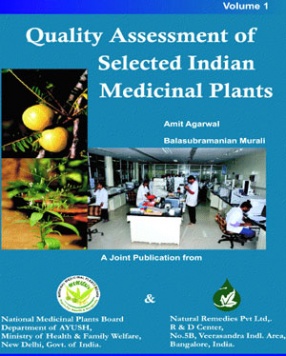
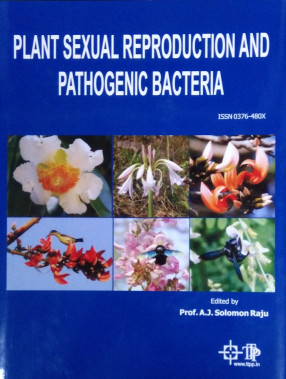
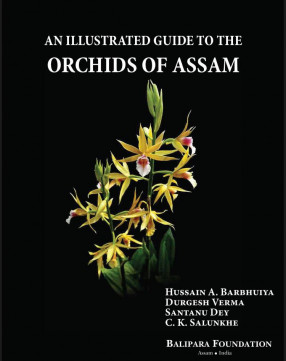
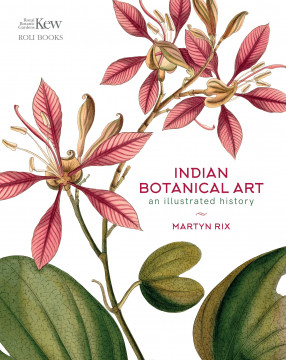
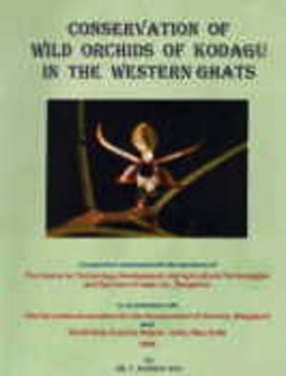

Bibliographic information
Balasubramanian Murali
Tags